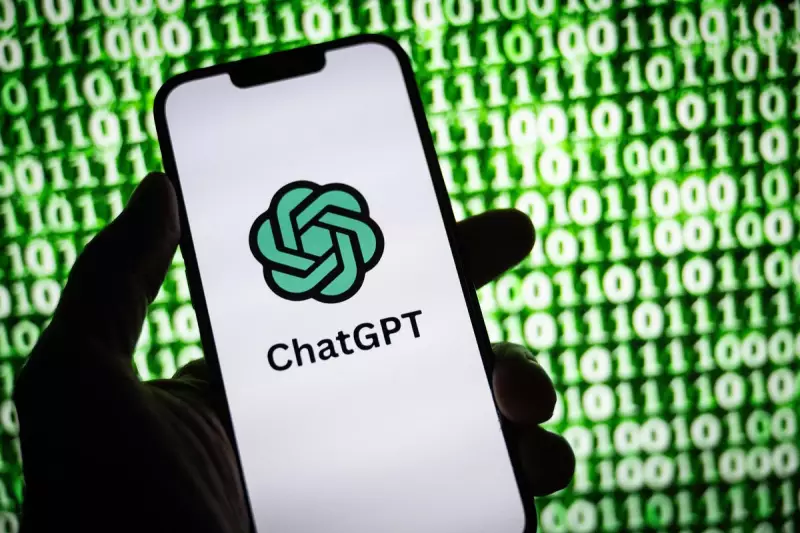
OpenAI has rolled out a significant update to ChatGPT, introducing features that could transform how people access mental health support. The AI chatbot, already known for its conversational abilities, is now being tested for therapeutic applications—though experts warn of potential risks.
AI as a Mental Health Ally
The latest version of ChatGPT includes enhanced empathy and active listening capabilities, designed to provide users with a more supportive conversational experience. Early tests suggest the AI can help individuals manage stress, anxiety, and mild emotional distress by offering evidence-based coping strategies.
How It Works
The system analyses user inputs for emotional cues and responds with tailored suggestions, such as:
- Breathing exercises
- Cognitive reframing techniques
- Mindfulness practices
- Resource recommendations
The Promise and Peril
While mental health professionals acknowledge the potential of AI to bridge gaps in care, they emphasise that ChatGPT should not replace human therapists. "This could be revolutionary for increasing access to basic support," says Dr. Emily Carter, a clinical psychologist. "But we must be clear about its limitations—it's not a substitute for professional treatment."
Key Concerns
Critics highlight several issues:
- Potential for harmful advice if the AI misinterprets severe distress
- Lack of human emotional connection
- Privacy implications of sharing sensitive information
- Risk of over-reliance on digital solutions
OpenAI has implemented safeguards, including crisis response protocols that direct users to emergency services when detecting high-risk statements. The company stresses that the tool is designed for general wellbeing rather than clinical use.
The Future of AI Therapy
As technology advances, the line between support tool and treatment provider continues to blur. This update positions ChatGPT at the forefront of a growing trend—one that could reshape mental healthcare accessibility worldwide.
Would you trust an AI with your emotional wellbeing? The debate continues as these tools become increasingly sophisticated.





